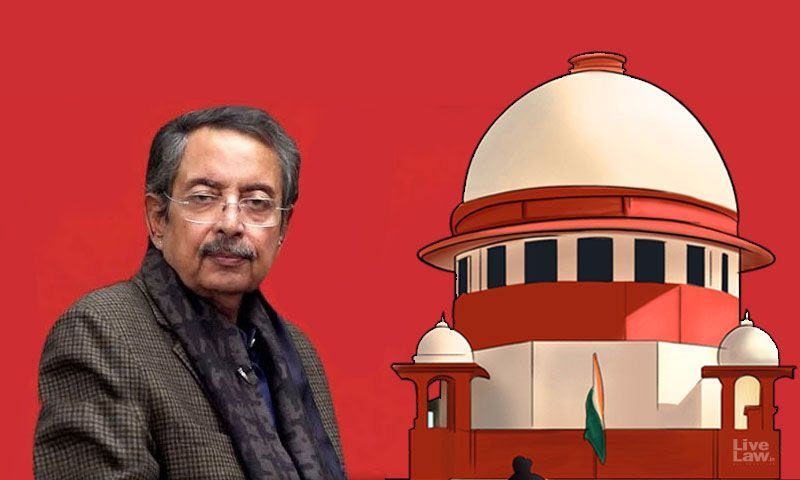Key Points:
- The Supreme Court, in its statement said that every citizen has been granted the right to criticise the measures taken by the government or its servants until it does not trigger people to go against the government by law or creating public disorder.
- Journalist Vinod Dua was charged with Sedition in Himachal Pradesh after BJP Mahasu unit’s president Ajay Shyam’s complained of him criticising the govt. over Covid situation.
- The Supreme Court said: “Every journalist is entitled to protection under the Kedar Nath Singh judgment (the famous verdict of 1962 on the scope and ambit of offence of sedition in the IPC).”
On Thursday, the Supreme Court was seeing the long lasted Journalist Vinod Dua’s case of Sedition. News Agency PTI reported that the Supreme Court ruled the case as Invalid that was registered against journalist Vinod Dua in Shimla, Himachal Pradesh.
The case was registered by a local BJP leader of Himachal Pradesh over Dua’s YouTube show – The Vinod Dua Show.
The case was judged by a bench of Justices U U Lalit and Vineet Saran on October 6, 2020 who saved the verdict on the petition after hearing arguments for Dua, the complainant as well as the Himachal Pradesh government.
The Supreme Court, in its statement said that every citizen has been granted the right to criticise the measures taken by the government or its servants until it does not trigger people to go against the government by law or creating public disorder. The court said this in relation to the Kedar Nath’s case while highlighting the basic requirements for registration of a first information report (FIR) under Section 124A.
Journalist Vinod Dua was charged with sedition in the state of Himachal Pradesh after he criticised the government’s handling of the Covid-19 situation, as per the BJP Mahasu unit’s president Ajay Shyam’s complaint. The FIR mentioned that Dua spread fake news that was leading to public disorder. Dua was also accused of printing defamatory material as well as making triggering statements.
The senior journalist went to the Supreme Court against the FIR and sought “exemplary damages for harassment”.
The bench, on Thursday, focused its 1962 judgment that stated the fundamental needs before registration of a sedition case, as it turned down Dua’s plea for constitution of a committee in every state for approving FIRs against people of the media with at least 10 years of standing in the profession.
On the issue of protection of freedom of speech and expression of media personnel, the Supreme Court said:
“Every journalist is entitled to protection under the Kedar Nath Singh judgment (the famous verdict of 1962 on the scope and ambit of offence of sedition in the IPC).”

